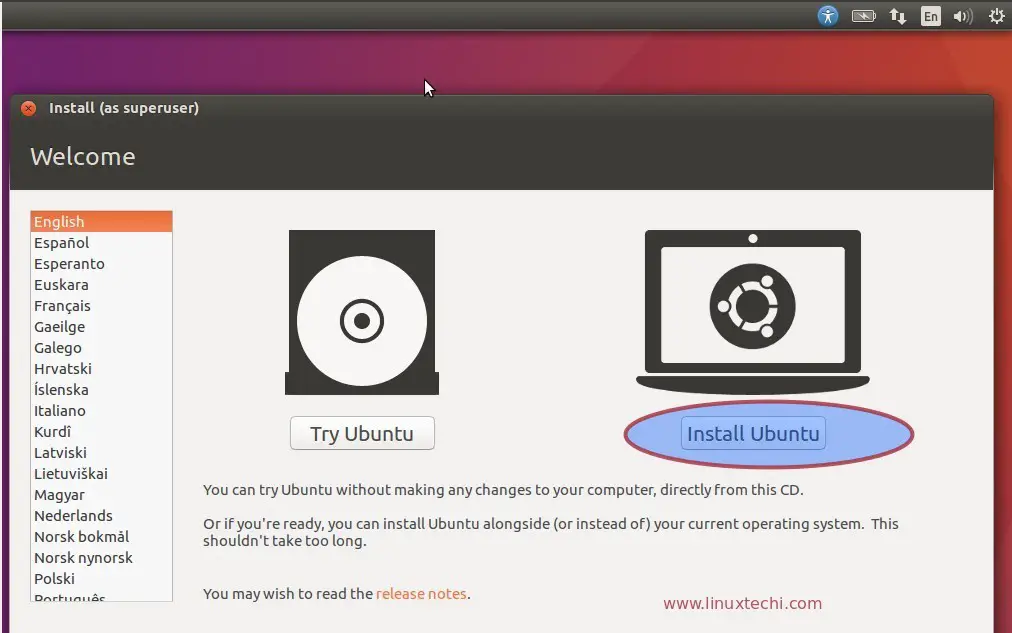How To Install Eyebeam In Ubuntu How To Clear

Let’s go beyond the obvious Let’s say you need to free up some space on Ubuntu — how do you go about it? Unlike Windows, with its built-in defrag and disk clean-up tools, Ubuntu doesn’t make it immediately obvious how you go about trying to free up space. What do you do once you’ve emptied the trash, and deleted those.ISO downloads? How do you recover more space? We’re going to show you 5 super simple (and in some cases blindingly obvious if easily forgotten) steps you can take to get back those GBs, materialise more MBs, and clean out the stale KBs. Whenever you need more space — and heck, even if you don’t — here are 5 simple ways to free up disk space on Ubuntu.
1. Clean the APT Cache (And Do It Regularly) It sounds so obvious, and yet chances are you haven’t done this. By default Ubuntu keeps every update it downloads and installs in a cache on your disk, just in case you ever need it again. This is useful if you regularly add and remove apps, find yourself needing to reconfigure/reinstall a specific package, or simply have a poor connection.
Feb 03, 2016 This easy guide will show you how to remove the history from Ubuntu Software Center using a few terminal commands. Navigate to your home folder and show the hidden files. To show the hidden files, press Ctrl+H. Then find the folder named.cache and open it. Of course, you can install the MATE desktop environment on your default Ubuntu 18.04 LTS installation. But I strongly advice you not to do it because of the following reasons: The installation would take a lot of disk space.
Simpleware scanip torrent. But the flip side is that the apt package cache can quickly swell to several hundred MBs. This command tells you how big your apt cache is: du -sh /var/cache/apt/archives To clean the apt cache on Ubuntu simply run the following command. Sudo apt-get clean The apt clean command removes ALL packages kept in the apt cache, regardless of age or need. If you’re on a slow, capped or intermittent connection you may want to consider skipping this step.
Remove Old Kernels (If No Longer Required) Now, admittedly, this step is one you want to approach with caution. Having a choice of kernels to boot up is, honestly, quite handy, especially if you notice something has gone awry while using the latest one.
Unless you’re in the throes of constant hardware woes there’s little need to hoard kernels. It’s easy to remove old kernels in Ubuntu. You can do it from the command line using the following command: sudo apt-get autoremove --purge Note that this command will only remove kernels that a) are no longer needed and b) were installed from the Ubuntu archive through system updates. If you install kernels manually or through a third-party PPA you’ll need to get your hands dirty.
Uninstall Apps & Games You Never Use (And Be Honest!) Chances are you have a number of apps installed that you never use. Maybe you installed them on the back of an awesome review, out of nosiness, or to handle a particular task. Whatever the excuse, if an app is no longer needed, but more space is, don’t be afraid to uninstall it.
Typical apps you may wish to expunge include web browsers (are you ever going to use Opera, Epiphany, Midori and Min?), music players (heck knows there’s enough of ’em) and games that sounded good in the Steam Store description but ended up being as much fun as a Windows 10 update combo. And everyone has LibreOffce Draw knocking about doing nothing! Don’t lie to yourself about might-needs, and could-dos. The beauty of most software is that it’s not going anywhere anytime soon. This is never truer than on Linux, where most apps are just an apt install command away.
- вторник 11 декабря
- 76